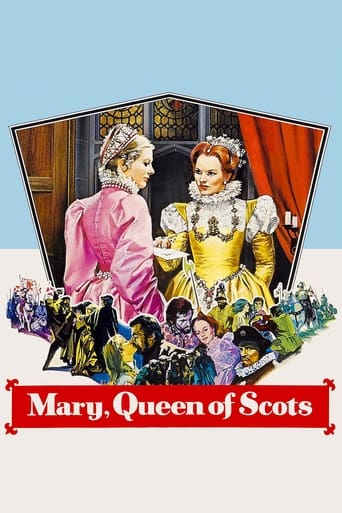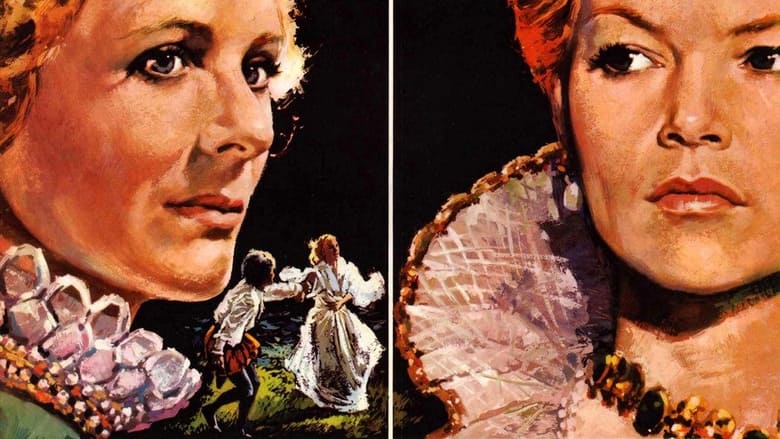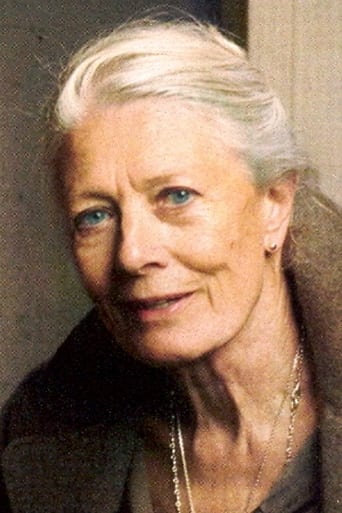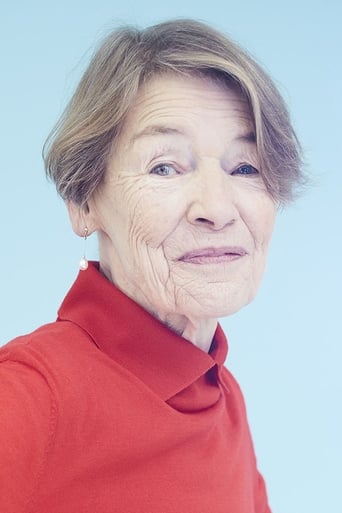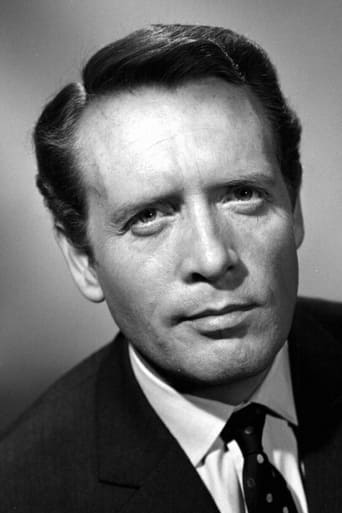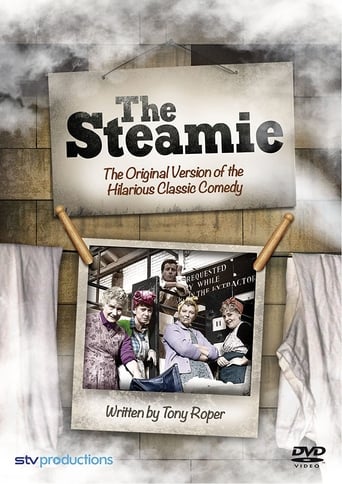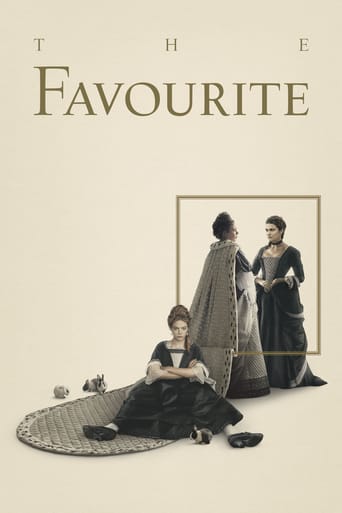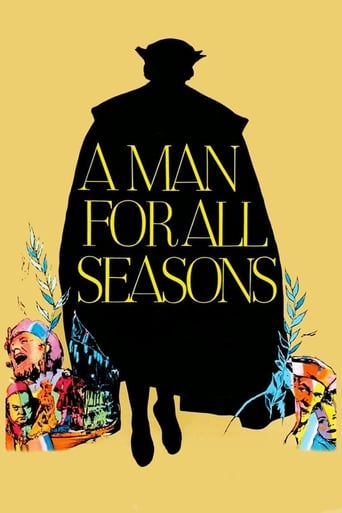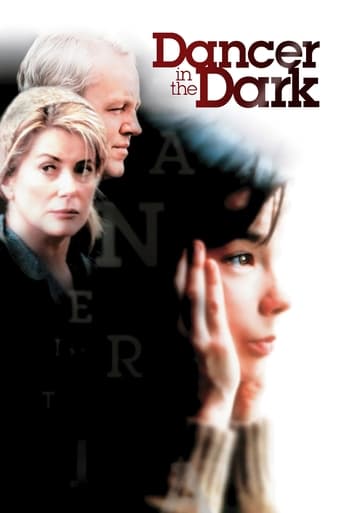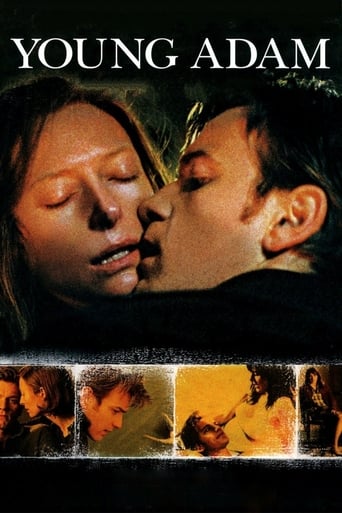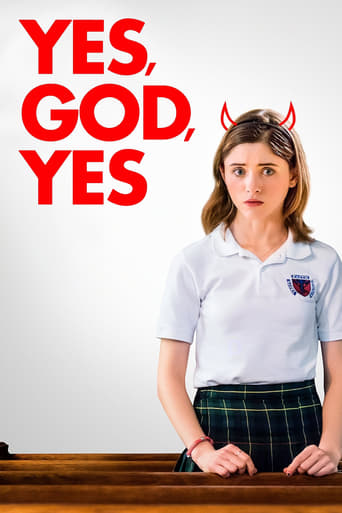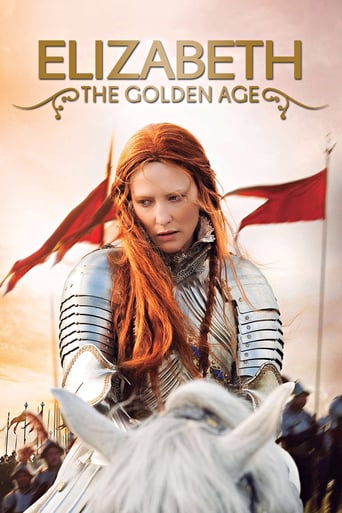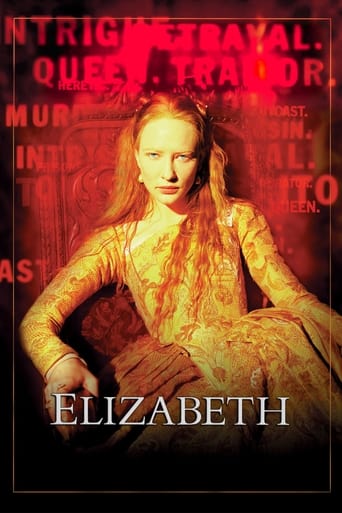Mary, Queen of Scots (1971)
Mary Stuart, who was named Queen of Scotland when she was only six days old, is the last Roman Catholic ruler of Scotland. She is imprisoned at the age of 23 by her cousin Elizabeth Tudor, the English Queen and her arch adversary. Nineteen years later the life of Mary is to be ended on the scaffold and with her execution the last threat to Elizabeth's throne has been removed. The two Queens with their contrasting personalities make a dramatic counterpoint to history.
Watch Trailer
Cast


Similar titles
Reviews
hyped garbage
It’s an especially fun movie from a director and cast who are clearly having a good time allowing themselves to let loose.
One of the most extraordinary films you will see this year. Take that as you want.
It is neither dumb nor smart enough to be fun, and spends way too much time with its boring human characters.
Nice castles. Nice scenery. Pity about the phony accents, acting, writing, direction. The story of the wretched and unfortunate Mary is one ghastly never-ending muddle and mess, end to end. I never did manage to sort out the ramifications of her dealings with the Catholics and Protestants, the King of France, Darnley, Bothwell and Rizzio, not to mention her half-brother, and this screenplay is no help. It is talkative, and presumably this is why Mary and Elizabeth are presented as meeting not once but twice, but very little is made clearer by these silly, pointless, fictitious encounters.The actors come across as puppets pulled around by strings, spouting unconvincing artificial dialogue. Vanessa is far too physically angular, and unsympathetic, to play Mary; Glenda looks unwell throughout. McGoohan seems unusually constipated. None of these characters, Darnley, Bothwell, and so on seem at all real, let alone royal. Anyone less likely to go mad than Nigel Davenport is difficult to imagine. This is not a good film. Five Oscar nominations ? Incredible. Trevor Howard wasn't too bad. All the other Tudor film histories are better than this one.
Surely it's not historically accurate, but who cares? It's great fun. In fact it has the slyness & humor that THE LION IN WINTER buried beneath its pretensions. Vanessa Redgrave is excellent as Mary, the Scottish queen who married the King of France only to be drummed out his country by his rotten family...unwelcome in England, she returns to Scotland intent on remaining on the throne. A lot of people around her (as well as England's Queen Elizabeth) have other ideas. There are scoundrels everywhere and the movie plays like a game of chess with real people! Mary faces one trial or tribulation after another, dealing with her turncoat brother and bisexual (second) husband as well as the local holy men. Redgrave's performance is matched by the great cast: Patrick McGoohan, Timothy Dalton, and Ian Holm (who steals his scenes as the "little Italian"). Glenda Jackson plays Queen Elizabeth and she's dynamite. Yes, the two Queens have a couple of confrontations and yes, historical purists will argue that they'd never actually met, but it doesn't matter...it's an extremely well made, well-written and even suspenseful film. This is the second film (after ISADORA) that helped to show off Redgrave's immense talent and versatility.
In Ford's movie featuring Katherine Hepburn ,we already attended a meeting between the two queens.And with two actresses as fascinating as Redgrave and Jackson,Charles Jarrot felt compelled to film two scenes with both of them.Historically,they never met.And Bothwell was not a romantic knight but a hairy brute.The Lochleven episode and Mary's escape are passed over in silence and however what a suspenseful story it was! On the other hand,Maurey (James Stuart)'s part is more prominent than in the previous film ,which is a good thing.The prologue in France in Chenonceaux "le Château des Dames " is welcome too:Mary's life in France was sweet ,probably the happiest time in her life although mother-in-law Catherine de Medicis did not like her.With hindsight,it's easy to see why she could not cope with the harshness of her native country where,in spite of her three crowns , she remained a papist.The two great thespians get excellent support from all the male cast:Thimoty Dalton gives a Shakespearian performance as Darnley,Ian Holm is equally good as Riccio.The cinematography is lavish and the story is never dull.I saw the movie when it was theatrically released and every time it's on the telly,I watch it again.Despite Queen Elizabeth's appearance ,the ending seems more historically accurate than in the 1936 version:before her death,the queen did not think of Boswell anymore,she wanted to become a martyr to catholicism.And so she died.
The nomination of this movie as the British Royal Film Performance may seem ironic given it's royally internecine themes of murder and attempted coups. The myth of the tragic Mary Stuart is further tangled by imagined meetings between herself and her unwilling nemesis, Elizabeth I.Somewhat episodic, it reminded me of another Vanessa Redgrave vehicle, also involving Patrick McGoohan: "Three Sovereigns for Sarah". As that film also did, this movie attempts to tell a thirty year long story, this time starting with Mary's beginnings as a widowed teenager and not ending until her execution twenty-seven years later. This ambition dooms the film to gradually become un-involving, as the tense speeds on through the years faster than my emotional ability to keep pace.It is certainly a worthy movie with some highlights. The grisly (Shakespearian) murder of Mary's Italian 'fancy', played by Ian Holm, is still shocking, even in today's gore-ridden movie climate. The later murder of Timothy Dalton is less startling, though more drawn out. I was impressed by Dalton's performance. He did well in his portrayal of the erratic personality of the Lord Darnley. Patrick McGoohan impresses as Mary's dour brother, ever the realist (conducting peace-keeping transactions with Glenda Jackson's English Court) but equally willing to help his irresponsible half-sister stay alive.Mr. McGoohan is always a highlight for this reviewer. He was very restrained but still effective as the pragmatic Regent. If only the foolish Mary had listened to him, her life could have been very different (and longer).

